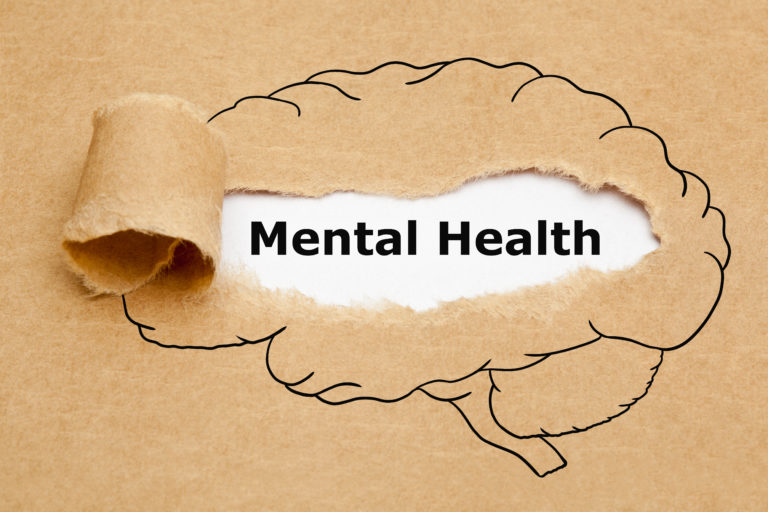
Articles of Interest
Harnessing a Heliotropic Mindset as Days Grow Shorter
New insights into combating seasonal affective disorder.
Posted October 8, 2024 | Reviewed by Margaret Foley
As the days grow shorter, many of us notice a shift in our mood. It feels as though the sun, retreating earlier each day, is taking a piece of our internal light with it. This phenomenon, known as seasonal affective disorder (SAD), affects millions of people globally each year. However, there is hope. By adopting a heliotropic mindset—one that actively seeks out people, activities, and experiences that nurture our well-being—we can help reduce the impact of SAD. This post explores how embracing the heliotropic effect, a natural inclination to seek life-sustaining energy, can support mental health throughout the colder, darker months.
What Is Seasonal Affective Disorder (SAD)?
SAD is a type of depression that follows a seasonal pattern, usually becoming more pronounced in the fall and winter when daylight hours shrink. Symptoms range from feelings of fatigue and irritability to difficulty concentrating and pervasive sadness or hopelessness. According to the World Health Organization, over 280 million people worldwide experience some form of depression, and many of them are affected by these seasonal changes (Kaya & Tanrıverdi, 2024). The prevalence of SAD tends to be higher in regions with long winters and fewer daylight hours. However, understanding how to harness the heliotropic effect may offer a proactive approach to coping with this condition.
Understanding the Heliotropic Effect
The heliotropic effect is the natural tendency of plants to orient themselves toward the sun, absorbing life-sustaining light. In a similar way, we as humans are drawn to environments and behaviors that nourish our emotional and mental well-being. Positive psychology research, particularly the work of Martin Seligman and his PERMA (Positive Emotion, Engagement, Relationships, Meaning, Accomplishments) model, underscores the importance of cultivating positive emotions to overcome challenges like depression (Kovich, Simpson, Foli, Hass, & Phillips, 2023; Kaya & Tanrıverdi, 2024). Embracing this heliotropic mindset—by actively seeking light, both literally and metaphorically—can help us thrive, even during the darker days of winter.
Other areas of interest